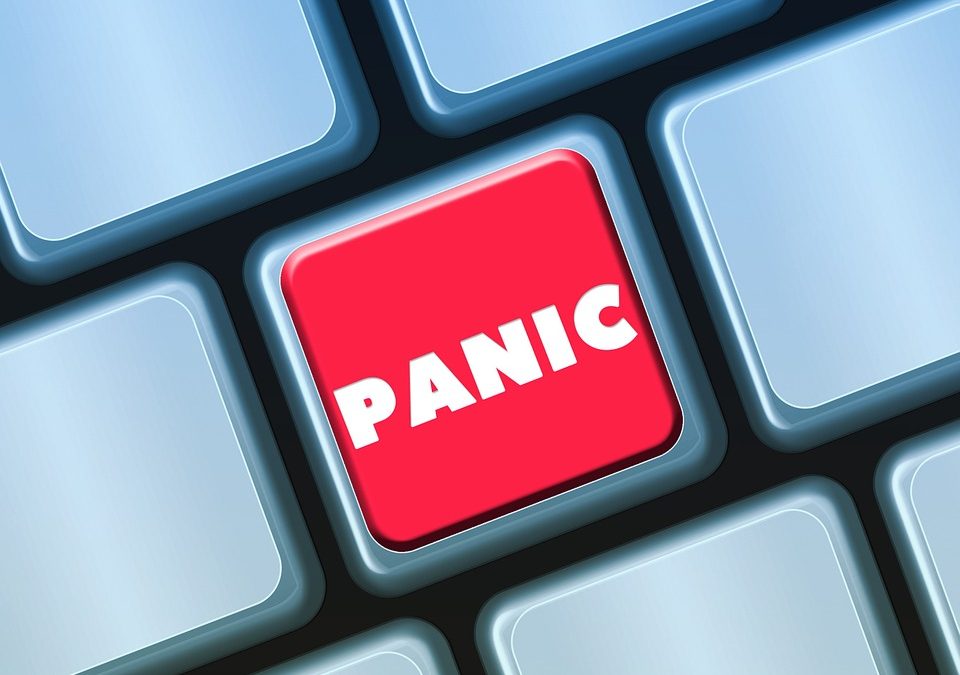Table of Contents
Post-traumatic stress disorder (PTSD) is a mental health condition that develops as a response to exposure to a terrifying event. Though it is most often associated with physical sources of trauma such as a warzone, physical assault, or sexual assault, it can also stem from emotional abuse.
Complex PTSD
Emotional abuse is a type of abuse that diminishes the victim’s sense of self-worth, confidence, dignity, and identity. It can occur at any point of someone’s life, whether at the hands of one’s romantic partner, friend, or even parents, and can be extremely damaging. Handling PTSD that comes as a direct result of emotional abuse falls under a distinct type of trauma known as complex post-traumatic stress disorder (C-PTSD).
Like regular PTSD, C-PTSD is based on emotional and psychological reactions to trauma. As such, someone with C-PTSD may exhibit symptoms similar to handling PTSD. This may include re-experiencing trauma (through flashbacks and nightmares), avoiding trauma (through avoiding places or people that bring up memories of the trauma), or experiencing hyper-reactivity (through engaging in destructive behaviour or being easily startled).
Treatment for C-PTSD
Any type of trauma, left untreated, can lead to drastic consequences. This is why it is important to work through the trauma and develop strategies to help you lead a happier, healthier life. Each treatment plan should be tailored to the individual, as no two cases of trauma are completely alike. Intensive examination and continuous care are important to fully address all concerns. Cognitive behavioural therapy (CBT) is also a recognized effective and safe intervention for handling PTSD.
Aside from seeking professional help, you should also consider making some lifestyle changes. Taking steps to take control of your own life through making differences in how you live it, no matter how small the steps may be, can do wonders on your state of mind.
Here are a few strategies to help you cope with the symptoms of PTSD.
Practice mindfulness
Calming the mind is an important part of handling PTSD. Of course, the road to recovery is not quick nor easy, and it is an ongoing process. Mindfulness can just help make that process a bit more bearable for you. At its core, mindfulness is about living in the moment. That is, it will help you focus more on the present, getting you out of being stuck in your own head. It will allow you to be in touch with your present environment, your present self, without fear of being judged. Mindfulness is a great way to regain a sense of calm when you’re feeling too anxious or overwhelmed.
Embrace physical activity
Engaging in physical activity can help your mind cope with the symptoms and reduce the levels of stress. Physical activities that you can routinely do gives you back a sense of control as well helps you focus on performing the activity to the point that all thoughts and emotions, especially negative ones, are pushed aside.
Exercising, for instance, not only gets your body moving but also helps in regulating your moods and emotions. Done outside, exercise can also expose you to fresh air and the sun. Being close to nature is proven to have calming effects on a turbulent mind.
You could find a physical activity that you enjoy, such as bicycle riding or playing sports, and dedicate a specific portion of your time to it. Set small goals and try to be consistent, but don’t let yourself feel bad when you have set-backs.
Keep a journal
Keeping a journal might seem like an elementary task. However, it does help in keeping track of your thoughts and ideas. A journal provides you with a consistent and safe space to put down your thoughts and feelings, and it allows you to revisit them later to work through them. Expressive writing, specifically, can help improve both psychological and physical health.
Take up art therapy
Art therapy is a type of therapy in which individuals are given a way to express their emotions through various art forms such as painting and sculpture. Through these artistic pursuits, they find a way to explore and deal with the trauma they have suffered without the need to verbalize it, liberating them without forcing them to speak.
Keep pets
Adopting a pet trained to recognize the symptoms of PTSD can help an individual prevent or interrupt the onset of such symptoms. Aside from this, the presence of pets in general can contribute to feeling calm and managing anxiety.
Eat a balanced diet
Taking care of your body is also a way to take care of your mind. Eating a well-balanced diet of fruits, vegetables, and lean protein can give your body the strength it needs to carry on with day-to-day activities handling PTSD. Avoid alcohol and drugs that may cause imbalances in the chemicals in your brain.
Don’t isolate yourself
It is normal for people with handling PTSD to withdraw from company and shy away from people. If you feel yourself falling into this habit, try and don’t give in to the urge. If you’re not ready yet to talk, it’s okay. You can simply spend time with your friends or family in silence. Let their presence comfort you.
Spending time with loved ones help soothe the mind. You don’t have to go grand; merely reading a book in their company can help already.
Seeking Professional Help
For a more in-depth and personalized treatment plan handling PTSD, consult with a clinical psychologist. Learning healthy coping strategies can help you manage your symptoms and live your life more fully. Don’t be scared of reaching out for help to achieve recovery and healing.






 I love to write medical education books. My books are written for everyone in an easy to read and understandable style.
I love to write medical education books. My books are written for everyone in an easy to read and understandable style.